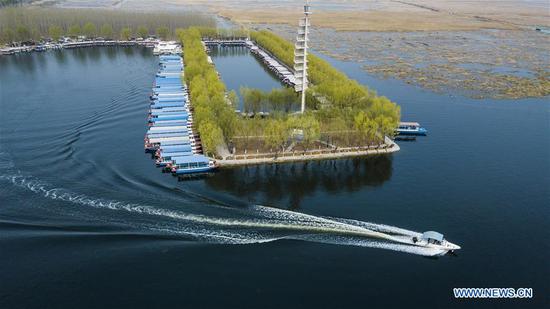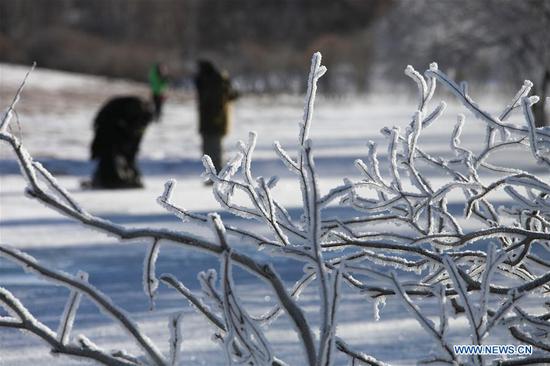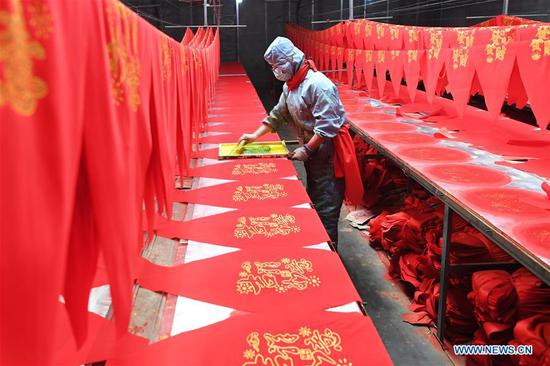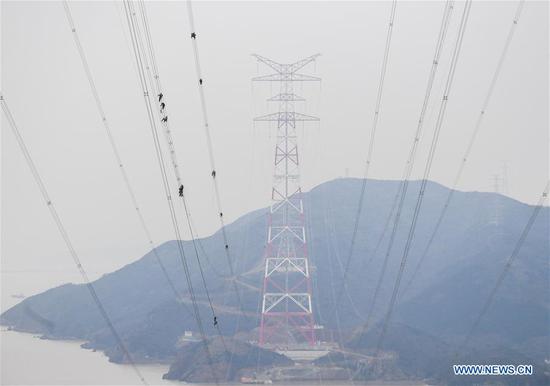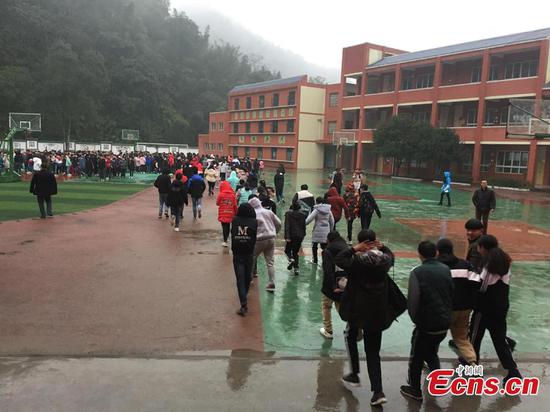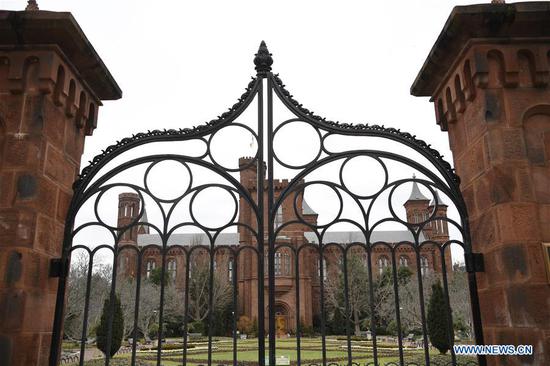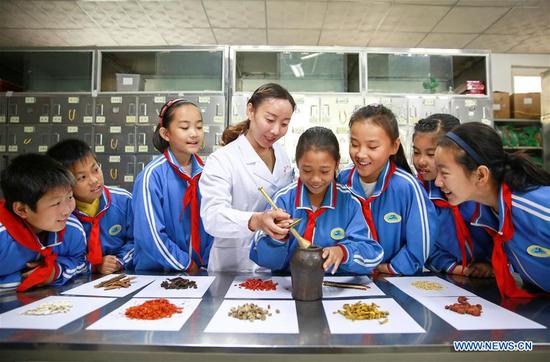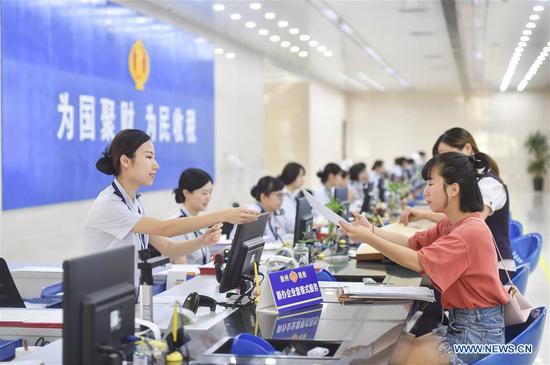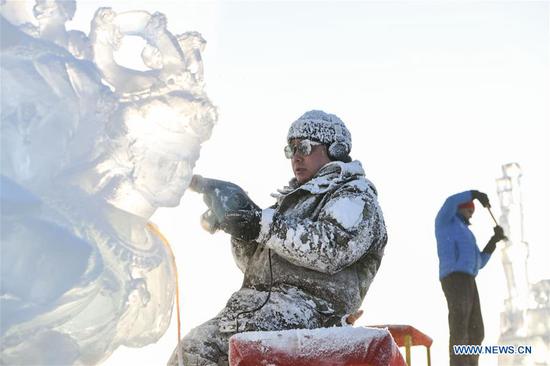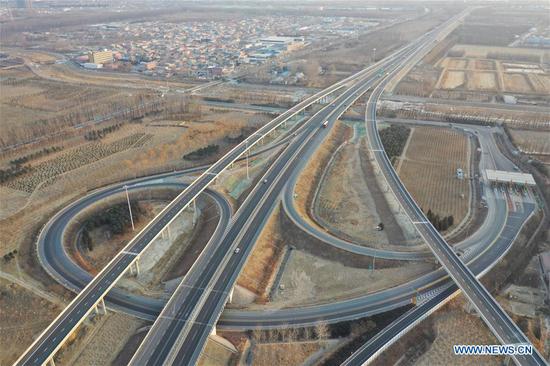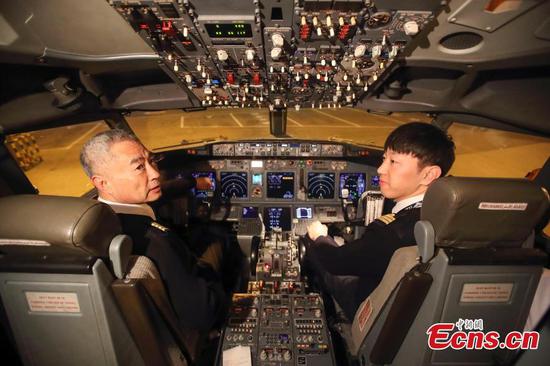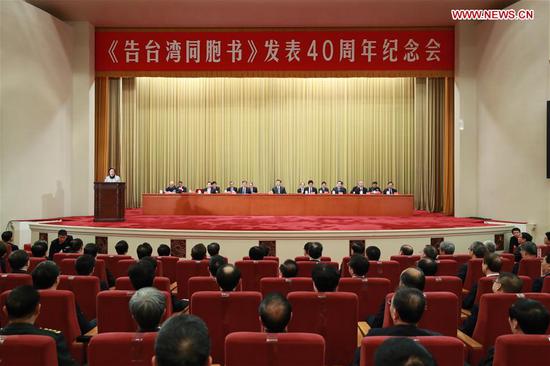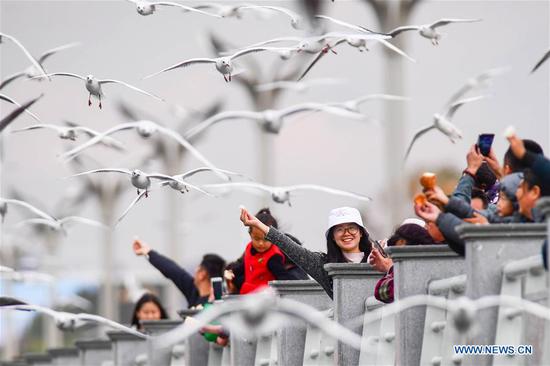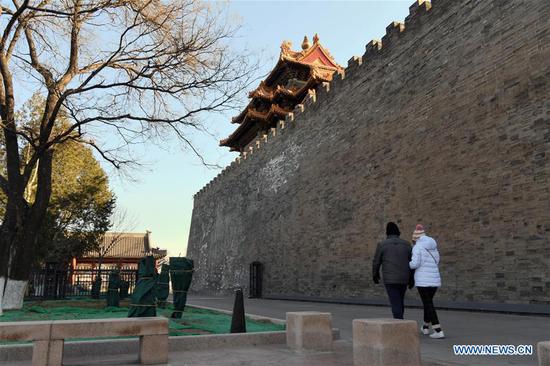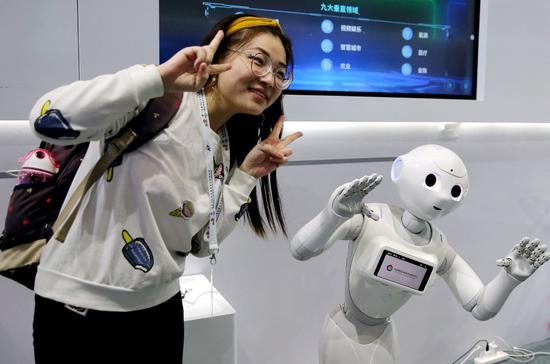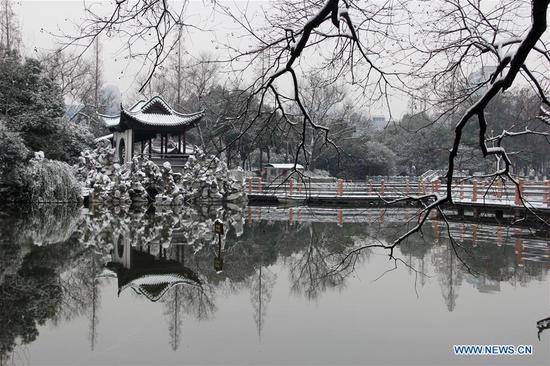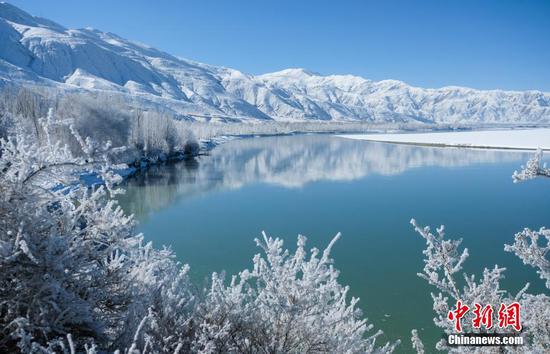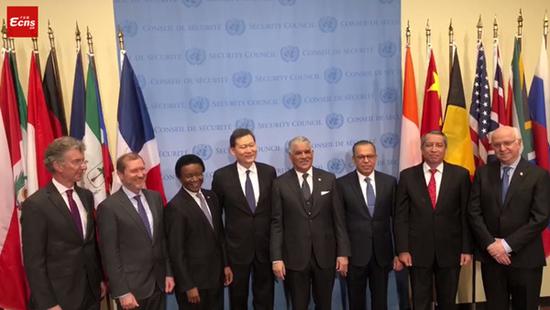CROSSROADS IN HISTORY
After four decades, the China-U.S. relationship has once again come to a crossroads in history.
On the one hand, China has declared on many occasions that it will continue its reform and opening up policy and its door to the outside world will open wider and wider.
The 40th anniversary of Sino-U.S. diplomatic ties comes on the heels of the 40th anniversary of China's reform and opening-up, which has brought China tremendous economic success and social progress, far exceeding the expectations of the world.
On the other hand, trade frictions between the two countries have cast a shadow on bilateral relations and drawn global attention.
"Recently, negative postures of U.S. policy towards China are on the rise," Wang Yi said when meeting with representatives from the National Committee on U.S.-China Relations and the U.S.-China Business Council in New York on Sept. 24.
Wang said some forces have repeatedly and groundlessly blamed China in such fields as the economy, trade, and security, creating sentiments of opposition and poisoning the relationship atmosphere.
Without a doubt, the past four decades have not been a smooth ride for Sino-U.S. relations. Even economic and trade relations between the two countries have more than once experienced twists and turns.
As two of the largest economic entities in the world, it is normal that China and the United States have some disagreements in the fields of economy and trade, said Ruan, adding that the key is to manage their differences properly and work out a solution acceptable to both sides in the spirit of mutual respect, equality and mutual benefit.
In early December 2018, President Xi held a meeting with Trump in Buenos Aires, Argentina. The two heads of state agreed to jointly advance Sino-U.S. relations with coordination, cooperation, and stability as the defining features.
From the perspective of Joseph Nye, professor of Harvard University, the relationship between China and the United States is "bound to be cooperative," because "there are too many things which neither of our two countries can manage alone, all of which are extremely important to both of our countries unless we cooperate."
"The Cold War-designed containment and confrontational strategy do not serve the long-term interests of the United States, and it would not get the support of any other countries," said Douglas Paal, vice president for studies at the Carnegie Endowment for International Peace.
The United States and China still share common interests in global and regional affairs such as counter-terrorism, non-proliferation, and prevention of epidemics, he said, adding engagement and balancing should be the only option for U.S. policy toward China.









